Everybody appreciates a great deal, and when it comes to translation pricing, there is definitely no exception. As difficult as it is for translators themselves to deal with the logistics of translation pricing, translation buyers have it even harder as they are presented with the many different variables that drive translation pricing, even within the same language pair.
In a previous post I mentioned how important it is to stay away from companies/freelancers whose rates are ridiculously low. Generally speaking, if the price is too good to be true, it probably is.
However, a language in high demand—such as Spanish, German, or French–may have significant competition from many more freelance translators, which will most likely bring down the price. The opposite may happen with languages in low demand—like Swedish and Korean–where the price per word will be significantly higher—up to .10 cents or more—than the average rate of a popular language pair. (For more information on Top Paying Languages for Translation check out Clint’s blog post).
Nonetheless, this fact alone does not simplify completely the translation pricing process. Even within each language pair, there are other factors most translators take into account when pricing their translation services. Let’s take a look at some of these, and hopefully this information will be helpful as you are planning to engage in buying translation services in the future.
- Formal Education–-If we take a look at the Translation & Interpreting Services Survey executed by the American Translators Association (atanet.org) released in 2016, 32.4 % of translators had Bachelor’s degrees, 45.6% had Master’s degrees, and 10.3% had Doctorate’s degrees. In summary, 88.3% of all translators surveyed had at least a Bachelor’s degree. So, contrary to what a lot of people may think about translators in general, this field is mostly populated by true professionals who have finished college in various degrees and have proven themselves to be responsible and task driven. So, having a higher education degree is a valid starting point for a professional translator to demand a higher translation pricing and set themselves apart from the 20% who have not pursued at least a bachelor’s degree.
- Professional Certifications – The American Translators Association (ATA) offers a Translation certification exam, which is currently the only association in the United States to offer this type of certification. The current passing rate for this examination is around 20%, which speaks a lot about its difficulty and ATA’s desire to only have the very best translators in this country displaying their ATA’s certification logo. Also, many online and traditional schools offer Translation certifications that are extremely helpful. Techniques such as legal, medical, technical, general, and literary translation are explored, as well as the use of specialized dictionaries and other essential reference materials. Overall, these certificate programs are great for improving their language pairs’ syntaxes, morphologies, and semantic systems. I am very impressed by the Certification in English/Spanish Translation offered by UMASS Online University of Massachusetts, a program that is also approved and recognized by the American Association of Translators. So, earning a translation certification through a reputable school or by passing ATA’s certification exam (or both!) demonstrates the translator is serious about their profession and their desire to improve their skills, provide exceptional work, and attract clients who are less price sensitive—all valid reasons to demand a higher pay.
- Work Experience – Just like with any other job, translation experience also earns the translator the right to a higher pay. Many translators gain their experience through engaging in voluntary or pro bono work to keep their skills current and develop their experience in the field of their choosing. For example, since I am new in the Translation field, I have opted to fill in my down time by translating documents and other flyers for nonprofit organizations such as KARA and MAKE A WISH, and through this process I have been able to gain experience in the Education and Social Work fields. Gaining experience is vital for the success and credibility of any translator, and will certainly help them to justify, in due time, their higher rates.
- Area of Expertise – Most translators choose an area of expertise that will set them apart as “experts” in a specified area for their language pair. The most common specialization areas are related to the legal, medical, technical, education, and book translation fields, but there are many other areas that have been claimed as specialty areas by many other translators, depending on the experience and knowledge they have gained through working for years in that area. It is to the advantage of the translation buyer to seek for someone who specializes in the needed area instead of just hiring a generalist. A specialized translator will know best how to connect with the potential translation buyer and provide advice that is more in tune with the buyer’s translation plan and marketing goals. This expertise, however, comes with a price, and depending on the level of quality a translation buyer is after, this factor in itself may be worth the higher price.
- Other Factors – There are other factors that can skew translation pricing, such as: fear of charging too much/too little, sticking to the national average and not valuing their own expertise and education, not seeing themselves as professionals and doing it as a hobby, going by what they believe a potential translation buyer is willing to pay, and the list can go on and on.
If there are two things you can take from this post today let them be these: First, when it comes to who to hire to help you with your translation needs, YOU are in control. The more you understand how translation pricing works, the better you’ll be in a position to negotiate a fair price (notice I said fair, not low). Research your options and see this as an opportunity to make the best choice for your needs. And second, recognize that translators are qualified professionals who also need to earn a living.
Just like you would not ask an accountant to lower their fees as a favor or to be nice, make sure you too value the work and service a qualified translator has to offer and be willing to pay accordingly.
You will not only gain a new business relationship that will happily bend over backwards for you, but you’ll also rest assured that you hired someone who will do an exceptional job and be in tune with your marketing goals.
So, what do you think? As a potential translation buyer, any suggestions on how to best deal with the reality of translation pricing? I would love to hear what you have to say.
About the author:
Beverly Hayes specializes in social, adoption, medical, travel and tourism, and website translations from English into Spanish. A mother of five, Beverly is the founder/owner of Spanish Connect Translations, a translation agency based in Rexburg, Idaho. She graduated from Brigham Young University in Provo, Utah with a Bachelor’s degree in Clinical Laboratory Science, and this last December she finished her Master’s degree in Spanish Linguistics from New Mexico State University in Las Cruces, New Mexico. Being a stay-at-home mom for most of her life, Beverly has now taken upon herself a new goal–to contribute to the world in a different way by jumping on the entrepreneurship bandwagon. She has the education, the cultural background, and the writing skills that are necessary to succeed in this competitive field and provide a quality product that’ll stand out among the rest. You may visit her website at spctranslations.com, or contact her via Twitter:MySpanConnect and email: beverly@spctranslations.com.


2 thoughts on “The Truth About Translation Pricing”
Great post, Beverly. I wrote a blog post in a similar vein, on what translation buyers should ask themselves before they commission a translation. I think that if you’re not familiar with the industry, you are often surprised to find out how long a translation can take, or how important it is to have a translator that specializes in that subject – and this, of course, can drive the price as well. The more advice and education we can put out there, the better!
Thank you, Natalie, for commenting! It is important to educate buyers the best we can when it comes to the do’s and don’ts of buying translation, that way both ends will benefit and be happy through the whole process. =-)